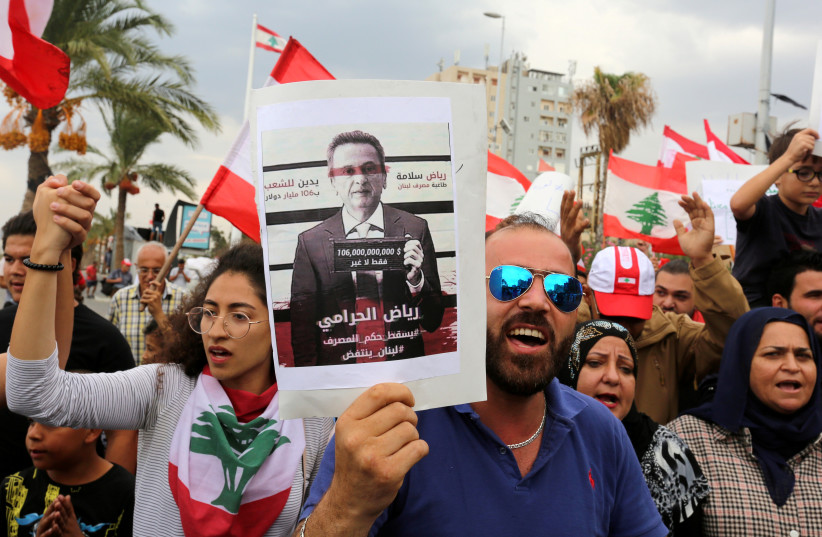The World Bank has said that assertions by Lebanese politicians that deposits kept in the country's collapsed banking sector are sacred are "cruel" because they "flagrantly contradict the reality."
Lebanon is in the third year of a financial meltdown that has left eight in ten people poor and which the World Bank says is both deliberate and may be one of the three worst in modern times.
"Political slogans for the sacrosanct of deposits are hollow and opportunistic; in fact, the constant abuse of this term by politicians is cruel," the World Bank said in a report released Tuesday.
"Not only does it flagrantly contradict reality, it prevents solutions to protect most, if not all small and medium depositors, in dollars and in cash," the report said.
"Political slogans for the sacrosanct of deposits are hollow and opportunistic; in fact, the constant abuse of this term by politicians is cruel"
World Bank report
Lebanon's unequal economic model
The report notes losses in the financial sector, estimated by the government at more than $70 billion, should have been accepted at the beginning of the crisis by bank shareholders and large creditors "who have profited greatly over these 30 years from a very unequal economic model."

It explores whether the country's economic model since the early 1990s amounted to a Ponzi scheme, a type of investment scam that secures returns for investors with money taken from new investors.
A Lebanese government spokesperson did not immediately respond to a request for comment.
